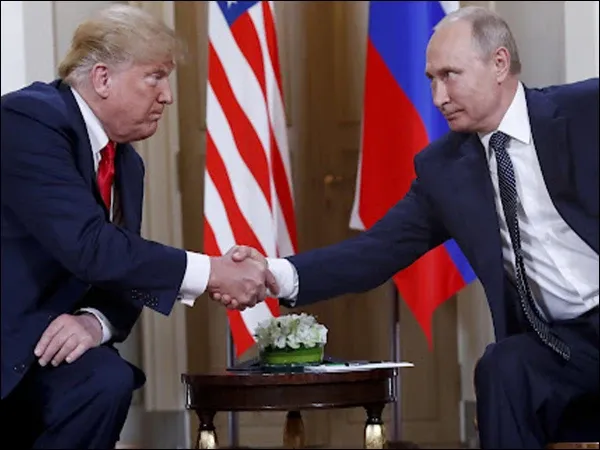New Strategic Alignment in the Middle East: Who is the Next Target?
The world’s
eyes are on Ukraine, Gaza, and other crises, but the changes that are quietly
unfolding in the Middle East could be the prelude to a major strategic storm,
especially for Iran and Pakistan.
If we look
at the geography of the region, Israel borders Jordan, Jordan borders Syria,
Syria borders Iraq, and Iraq borders Iran. Iran is the last country in this
continuum that still stands outside Israel’s strategic sphere of influence.
Pakistan, Iran’s neighbor, would be a natural next stop, if Iran also falls
victim to the plan that has paralyzed Syria and Iraq.
Jordan’s
peace treaty with Israel (under King Hussein) extended Israeli influence beyond
Jordan to Syria. The presence of Mossad in Syria set off a long and complex
civil war that weakened the Assad regime, destroyed the country’s army and air
force, and left the Syrian state virtually at the mercy of external powers.
Today, Israeli warplanes fly unopposed in Syrian airspace.
The
Iran-Iraq War pitted the two countries against each other for eight years, with
Israel and its Western allies taking the biggest advantage. The war was
followed by continued pressure on Iraq, a global invasion after the invasion of
Kuwait, and finally the US invasion in 2003, alleging that Iraq had weapons of
mass destruction. Saddam Hussein was brought to his knees, and Iraq is still in
turmoil today.
All of these
actions were taken under Israel’s “defensive” narrative, in which any Muslim
country that gains military or nuclear autonomy becomes a “regional threat.”
On June 12,
2025, Israel attacked Iran’s nuclear facilities without any prior warning.
Iranian generals and scientists were targeted, and it was openly declared that
these operations would continue until Iran’s nuclear program was completely
dismantled. The Israeli Defense Minister even said that if Iran responded
defensively, Tehran would be reduced to ashes.
Israel is
currently using the airspace of Jordan, Syria, and Iraq, without any
resistance. This situation suggests that an attempt is being made to complete
Iran’s strategic isolation.
If Iran also
goes through the same systematic steps that Syria and Iraq went through, then
Pakistan will geographically come under Israel’s direct sphere of influence.
After that, warplanes, attacks on military installations, and humiliating
international pressure will all become possible.
During the
recent tensions between India and Pakistan, it was also seen that India openly
used Israeli-made drones, missile systems, and modern warfare technology. India
is a tested strategic ally of Israel, and the aim of this alliance is not only
defense cooperation but also to advance a specific ideological and regional
narrative, which has the full potential to upset the balance of power in South
Asia.
This is not
the time for emotional slogans or short-term reactions, but for a
comprehensive, strategic, and diplomatic alignment. This is not just a war
between Iran and Palestine, it is a big board, on which pieces are being
dropped one after another. Now the decision is whether we are ready to be the
next piece? Or will we unite to change the alignment?
Saudi
Arabia, Pakistan, Iran, Qatar and the United Arab Emirates, influential
countries in the region, will now have to adopt a common strategy, transcending
personal, sectarian, or economic interests. Because it has become clear that
the enemy’s agenda is not against any one nation or one sect, but against all
the sovereign and powerful Islamic countries of the region, only the order is
different.
If we do not
adopt the path of unity, self-knowledge, and solidarity today, the time is not
far when: “The bamboo will not remain, the flute will not play… and our story
will not be among the stories.”


إرسال تعليق